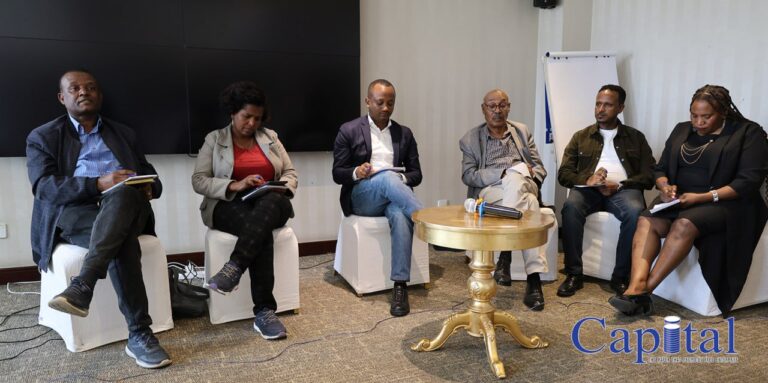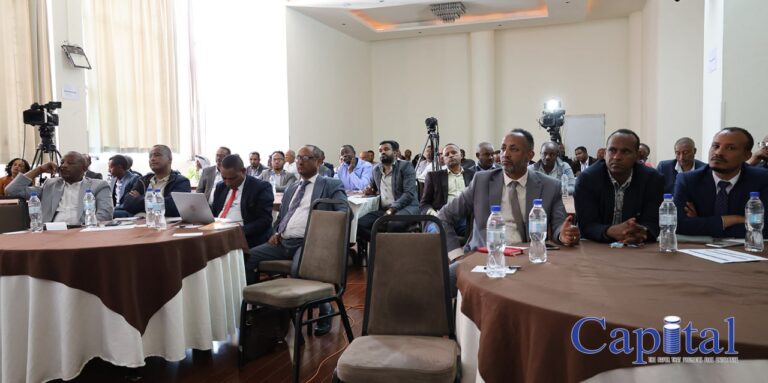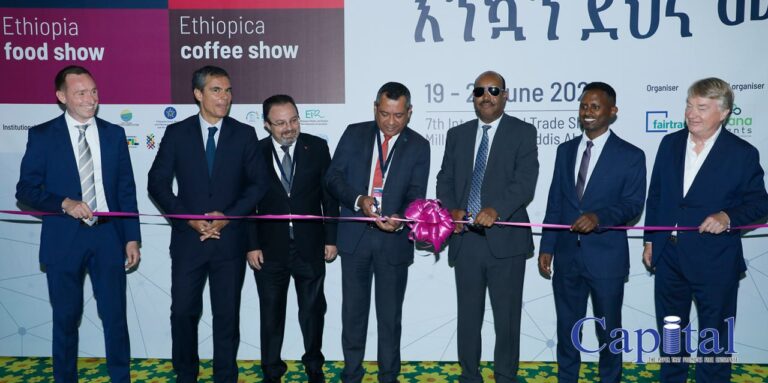The newly established Ethiopian Real Estate Developers Association (EREDA) has announced plans to implement self-regulation for its members to enhance the sector’s damaged reputation.
Formed just weeks ago, the association highlighted the long-standing absence of a regulatory body in an industry that has been active for nearly three decades.
According to EREDA’s founders, who include prominent figures from Ethiopia’s construction sector, the real estate market has become highly risky, losing public trust as developers frequently fail to deliver homes on time or as promised.
To address these challenges, the association intends to collaborate closely with the government to facilitate sector development and attract investment, both crucial for national economic growth.
EREDA will also mediate disputes between developers and buyers to resolve conflicts amicably.
The association recently announced plans to introduce ethical guidelines and regulations to govern the sector, recognizing that unethical practices have negatively impacted many lives.
One of EREDA’s primary objectives is to rehabilitate the industry’s image and promote smoother growth.
“We will implement self-regulation to protect the sector’s reputation while establishing a mechanism to arbitrate disputes between developers and buyers,” stated the founders.
However, some experts have expressed concerns about the association’s authority, questioning whether it will possess sufficient power to enforce compliance and penalize developers who exploit buyers.
During EREDA’s official launch at the Sheraton Addis on June 14, Addis Ababa University Urban Development Professor Thomas Girmay presented findings indicating that nearly half of homebuyers are dissatisfied with properties received from developers. Common complaints include poor construction quality, price increases, delays, and other issues.
“Public perception of real estate developers is currently negative, and the sector’s image needs correction,” he noted.
Girmay, along with other experts and EREDA’s founders, agreed that addressing key challenges—such as securing sustainable financing, lowering interest rates, improving land accessibility, and ensuring affordable construction materials—is essential for the sector’s growth.
Housing shortages remain a critical issue in Ethiopia’s urban areas. Despite government-led housing initiatives, the rapidly growing demand far outpaces supply, with private developers often providing unaffordable or limited solutions.
Sector experts assert that EREDA’s formation represents a significant effort to restore credibility and accountability in a sector vital to Ethiopia’s development.






